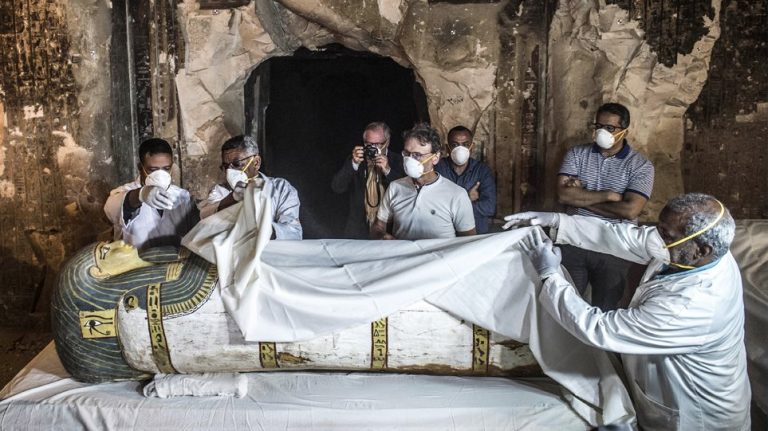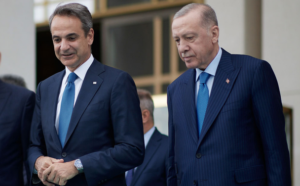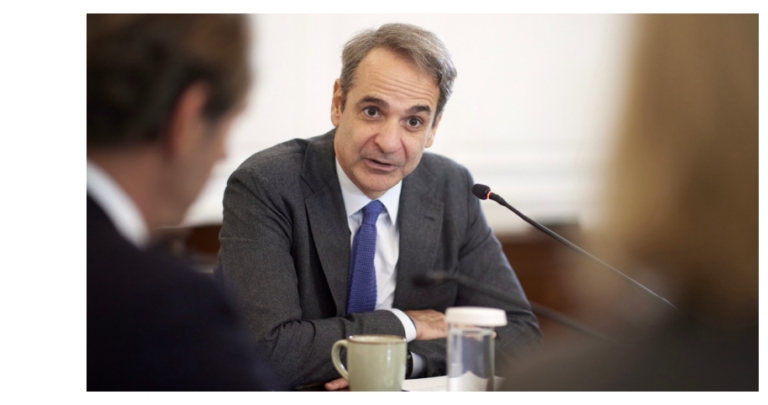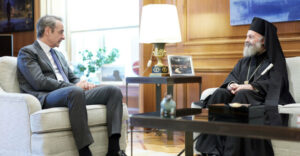Egyptian scholar Ahmed Karima recently sparked heated controversy after he banned the excavation of tombs of ancient Egyptians at a time when Egypt is struggling to revive its vital tourism industry from the negative impact of the coronavirus pandemic.
Karima, a professor of comparative jurisprudence at Al-Azhar University, said the exhumation of graves is prohibited under Islamic teachings. “Extracting the bodies of the ancient Pharaohs and putting them on display in return for dollars from visitors is forbidden,” Karima said in televised statements Jan. 19 on state-run television.
Karima said digging up the graves violates the dignity of the dead and the Islamic religion forbids their desecration. “Bodies of the dead cannot be exhumed unless for the purpose of scientific search,” the scholar said.
“The grave is a blessing from God to house the human being after his demise,” he added.
Karima said Islam calls for honoring the human being after death. “Museums can exhibit the treasures of the Pharaohs, talk about [their civilization] and about the mummification, but without displaying their dead bodies”.
Coronavirus Greece: 543 new cases, 265 in Attica
The Ishai-Aphrodite reservoir: A winning card of bilateral cooperation – Analysis
Ayman Ashmawi, head of the Egyptian Antiquities Sector at the Supreme Council of Antiquities, declined a request by Al-Monitor for comment.
Renowned archaeologist Zahi Hawass lashed out at Karima, saying his religious views apply to tomb robbers, not archaeologists. “We do not excavate the graves of Muslims, Christians or Jews,” Hawass said in Jan. 20 statements to Egypt’s Sada al-Balad channel. He said archaeologists and the Ministry of Antiquities are working to revive the greatness of the Pharaohs and their civilization.
Ask me anything
Explore related questions





